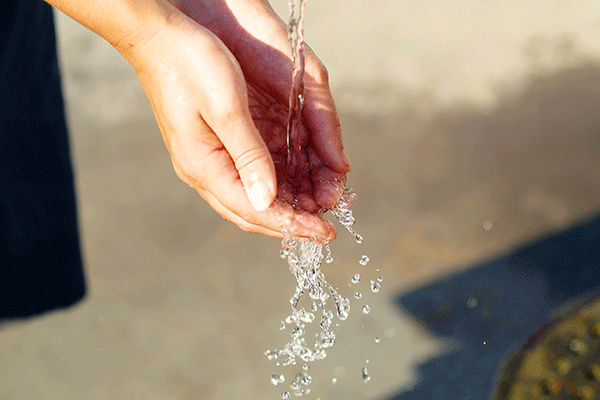Water conservation is important to both your drinking water and wastewater systems. Conservation is also important to help protect your pocket book.
Summer's Increased Water Use
During the warm summer months and the growing season water use tends to increase as we try to help meet water demand of lawns, vegetable gardens, flowers and trees. However our water use inside the house can also tend to increase during the summer months—something we may not always realize. We may create more laundry, take more frequent showers, teenagers may be home during the days instead of at school, combined with other household practices that can increase our water usage.
Increasing your water use in your home can also strain your wastewater system. Your system is designed for a certain “load” of wastewater entering it each day. Not exceeding that amount of wastewater or “load” is key to ensuring that your system operates properly.
If your system’s load is exceeded the system will not be able to effectively treat the wastewater to remove harmful bacteria and other contaminants. The system can become overloaded and result in untreated wastewater rising to the surface and exposing you, surface and groundwater, as well as plants and animals to harmful contaminants.
Tips for Water Conservation in Your Home & Landscape
There are an increasing number of ways to use water more efficiently within our society such as many appliances that are now designed to use smaller amounts of water, low-flow faucets and fixtures, and rain barrels to catch and reuse water outside the home.
However it is still a good idea to practice good conservation measures both within the home and on your landscape to protect the safety and reliability of your water supply and your system. Developing good conservation habits now can help lower utility and maintenance costs and provide greater insurance for your water supply in years of drought.
You can find many tips for easy ways to can conserve water both inside and out at Water.unl.edu or Lancaster.unl.edu.

